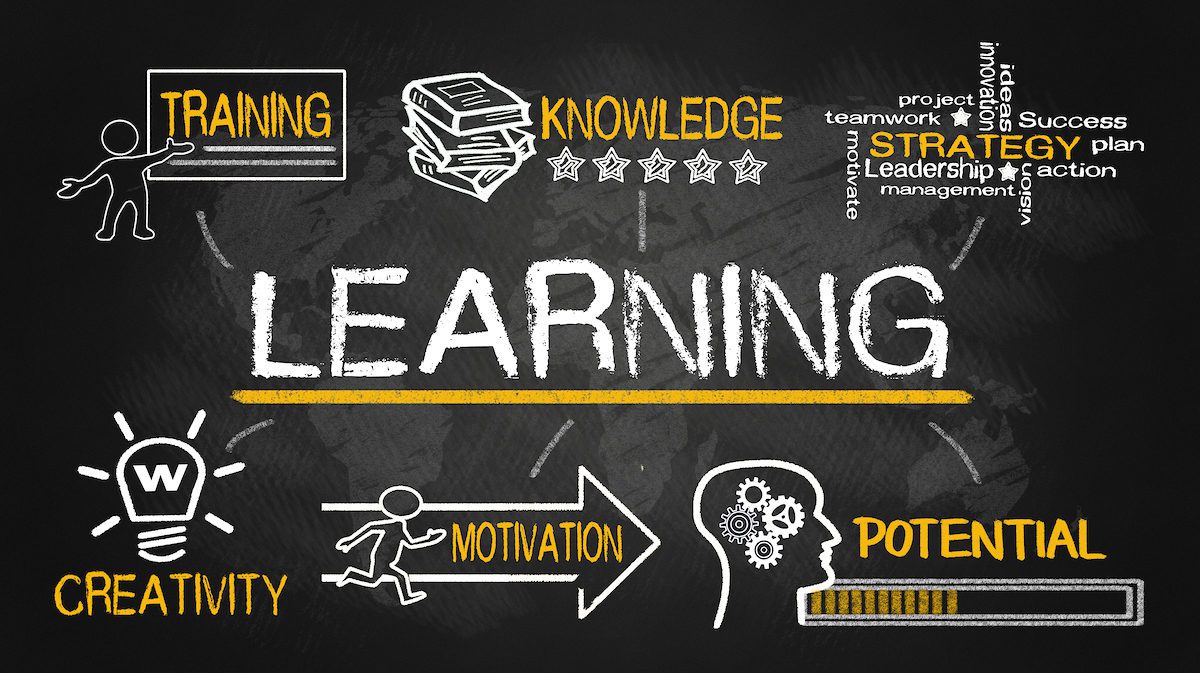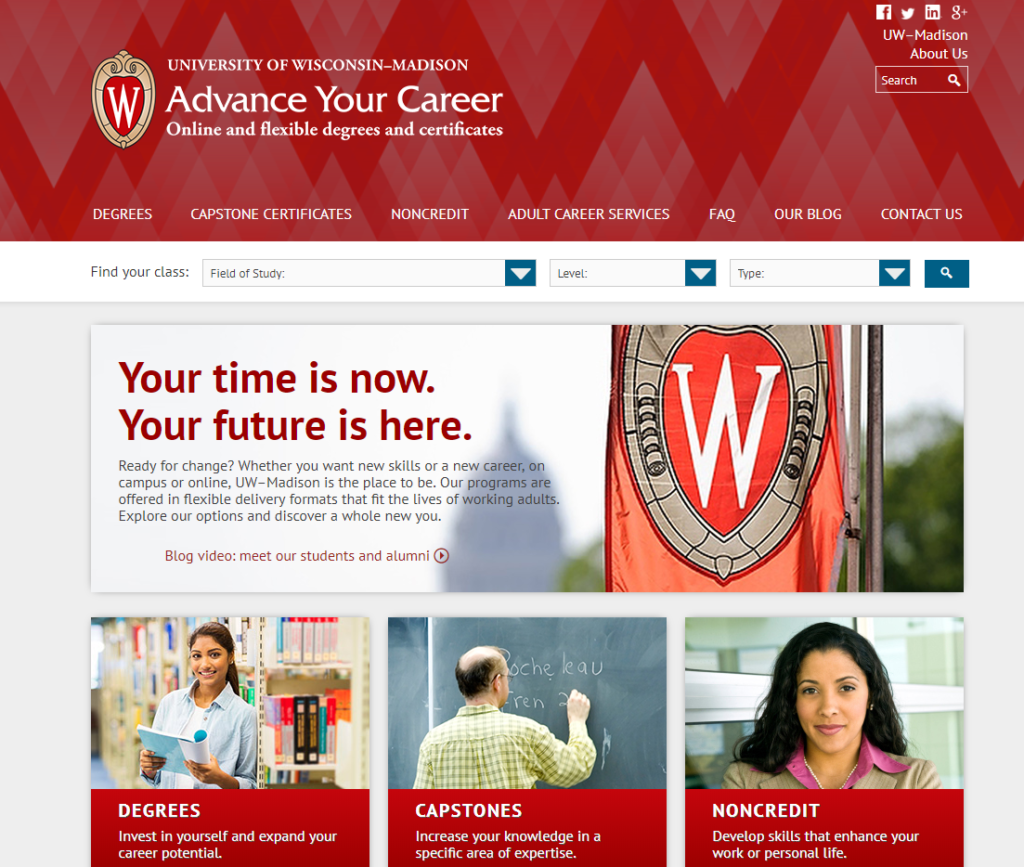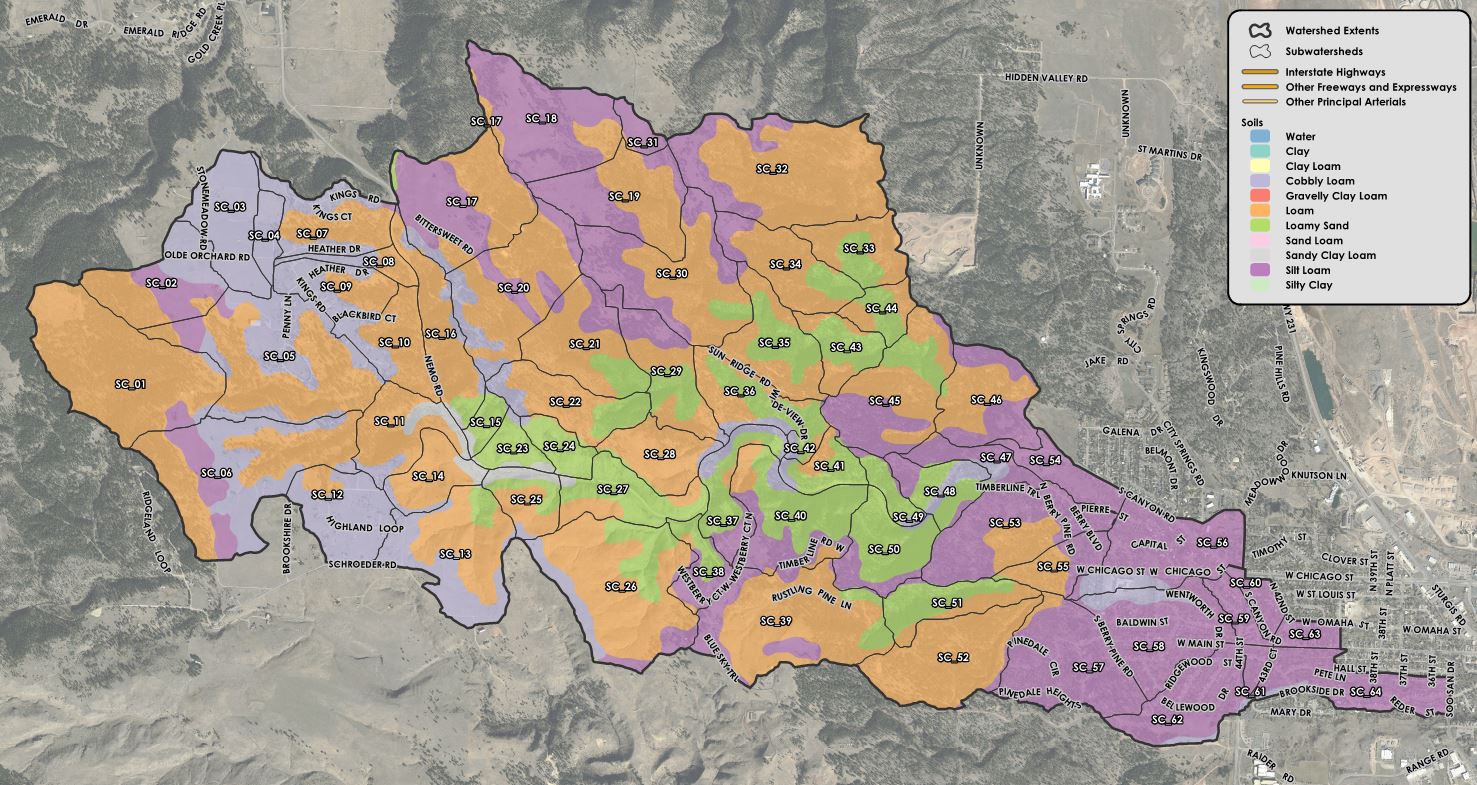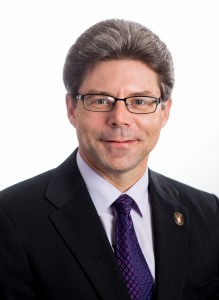
News flash: The future is murky.
We all know that accelerating technological change makes it hard to tell what the workforce will look like 20 years from now. Or even two years from now.
In its report “The Future of Jobs,” the World Economic Forum found that, by 2020, most occupations will require core skills that weren’t considered crucial in the mid 2010s. We can’t even safely predict which occupations will still be around in the next decade.
“Together, technological, socioeconomic, geopolitical and demographic developments and the interactions between them will generate new categories of jobs and occupations while partly or wholly displacing others,” the report says.
So where do all these disruptions leave higher education? With the seemingly impossible task of preparing students for jobs that don’t yet exist.
But maybe it isn’t impossible after all. Like other educational institutions, the University of Wisconsin-Madison has found a key to the uncertain future in lifelong learning. If people continually learn new skills, they’ll be ready for whatever curveballs the job market throws at them.

As Thomas Friedman argues in Thank You for Being Late: “When the pace of change gets this fast, the only way to retain a lifelong working capacity is to engage in lifelong learning.”
For higher education, the tricky part is developing lifelong learning opportunities that solidly connect with modern-day students. As the dean of UW-Madison Continuing Studies, I’ve seen profound changes in teaching and learning over the past few years, including experiments that have worked and experiments that haven’t. Through trial and error, we’ve made progress in retooling our curriculum to meet the demands of the 21st century workplace.
Opening the doors
A top priority has been making our programs more accessible to lifelong learners. People who are busy with jobs or families often can’t manage a traditional residential experience, or even a weekly face-to-face course with set starting times. To open our doors to such students, we’ve expanded our menu of flexible degree and certificate programs and made them easier to find on a web portal called Advance Your Career. They include online, blended, and accelerated courses that focus on building skills for those who hope to make progress in their jobs or to prepare for new careers.
We’ve seen tremendous growth in these flexible programs, confirming that they fill an urgent need. But that doesn’t mean we can rest on our laurels. Given constantly evolving conditions in the workforce, we must constantly evaluate our offerings to ensure their relevance.

For example, two years ago UW-Madison launched a series of professional programs in geographical information systems. With demand spiking for GIS experts, enrollment took off. Very quickly, however, we perceived that students needed additional options. And so, in fall 2018, the university will introduce the GIS Fundamentals Capstone Certificate, an online program teaches the skills for an entry-level GIS job in a year or less; the Advanced GIS Capstone Certificate, another online program for those already working in GIS; and the Accelerated/Non-Thesis Master of Science in Cartography and GIS, a traditional face-to-face program that leads to a degree in only a year.
Our new lineup of GIS professional programs will help students earn exactly the credentials they need, in a format that suits their career goals. And as the GIS field continues to evolve, we must be nimble enough to keep adjusting our offerings.
Nimbleness rarely comes easy, of course. But it will be essential in serving lifelong learners in an era of rapid change.
Keeping up with the challenges

Our GIS professional programs are pointing toward the future in several other ways. The professional master’s in GIS & Web Map Programming gives students the chance to earn alternative credentials. After completing a particular set of courses, they receive a digital skill medal, which demonstrates their qualifications for certain jobs. An array of these “stackable credentials” will show a potential employer exactly what a student can do.
Our professional master’s degrees in GIS also have a lifelong learning component, in which alumni gain access to lab updates to perpetually sharpen their skills.
Such innovations at UW-Madison and elsewhere should put our minds at ease about coming disruptions in the workplace. It’s true that major challenges lie ahead, evident in almost daily headlines. “Robots could take over 38 percent of U.S. jobs over the next 15 years!” “Forty-seven percent of jobs will disappear in the next 25 years!” In response to such startling news, a significant number of technology experts say they have no confidence that education will evolve quickly enough to meet labor market demands.
But from where I’m sitting, those experts underestimate our resourcefulness. As technology transforms the workplace, higher education can train lifelong learners to keep up with the changes. If our institutions adapt to shifting conditions, we can help turn the future from murky to bright.
Author Jeffrey S. Russell is the dean of Continuing Studies and vice provost for Lifelong Learning at the University of Wisconsin-Madison. This article originally appeared in The EvoLLLution.